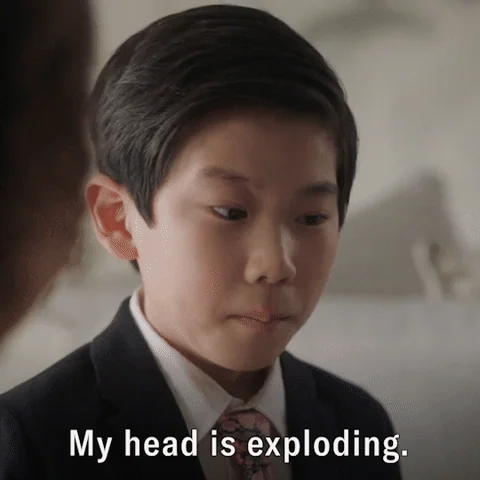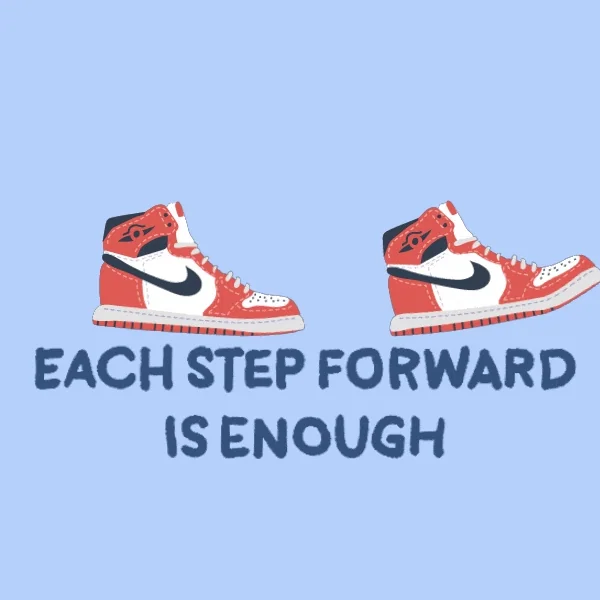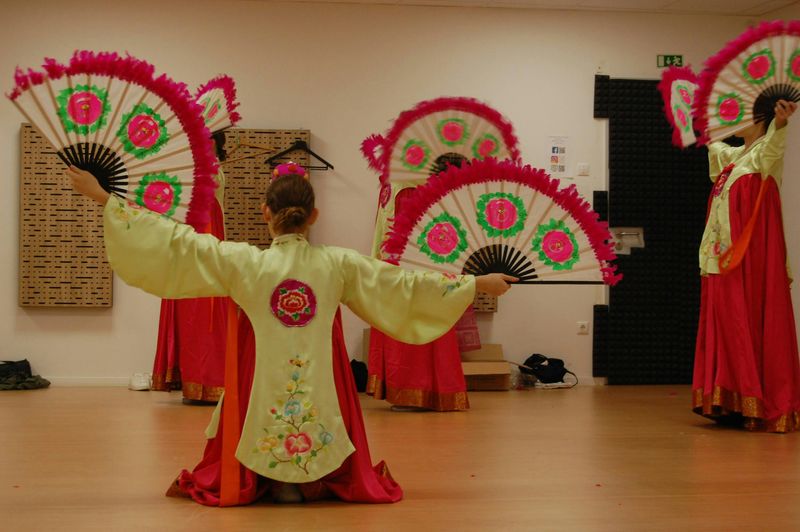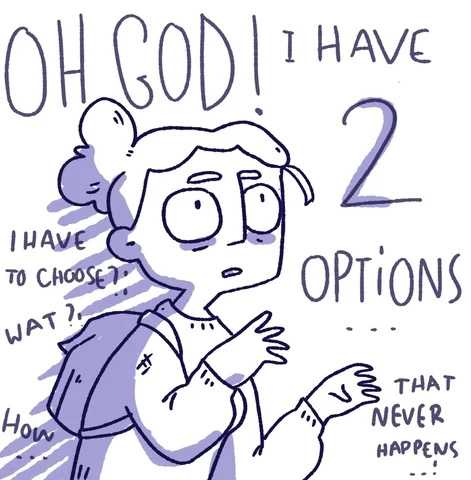
This logo isn't an ad or affiliate link. It's an organization that shares in our mission, and empowered the authors to share their insights in Byte form.
Rumie vets Bytes for compliance with our
Standards.
The organization is responsible for the completeness and reliability of the content.
Learn more
about how Rumie works with partners.

Imagine landing in a country where you don't speak the language, don't fully understand the customs, and yet, it's now your home!

That's exactly where I found myself in my early 20s when I moved to Korea. The experience challenged me in ways I never expected, but opened my eyes to the beauty of cultural diversity.
Why Do People Move Abroad?
You might want to move abroad for many reasons:
work
study
adventure
romance
personal growth

You might want to seek new experiences, find your roots or identities, or challenge yourself outside your comfort zone!
Whatever your reason is, going abroad can open your mind to different ways of living and thinking!

First Encounters
My first few days in Korea were filled with excitement and fun!

But then...about 2 weeks later, I was suddenly overwhelmed.
I was hit by the realization that I couldn't quite understand the language or the local customs and that I was far, far, far away from home.
Even things like ordering pizza, buying groceries, or saying hello to people seemed almost impossible!

This is called culture shock.
Don't worry, it's super normal to feel confused and disoriented when experiencing a new culture for the first time!
Ways to Deal with Culture Shock:
Stay open-minded: accept that things will be different.
Ask questions: don't be afraid to ask for help or learn from the locals.
Find support: connect with other expats or locals.
Be patient: give yourself some grace!
Did you know?
Culture shock has four stages: honeymoon, frustration, adjustment, and acceptance. The "honeymoon" phase is when everything feels exciting and new — kind of like being a tourist! The "frustration" stage is where the real challenges begin, but don’t worry. The adjustment and acceptance phases will help you settle in.
Embracing Cultural Differences
It's okay to struggle a bit at times. Living abroad isn't easy, and you're very brave!

I struggled a lot in my first 6 months abroad.
Slowly but surely, I realized that patience and open-mindedness are my best friends!
I started to embrace some of the differences instead of resisting them and found plenty of aspects that I loved in my new environment.
 Photo by Eszter Vida on Unsplash
Photo by Eszter Vida on UnsplashI tried traditional Korean arts, explored the local food scene, and made some great friends along the way.
I learned to ask questions and make careful observations, and these experiences helped me gain a deeper appreciation for other cultures.
Quiz
Wait! Do I need to embrace every aspect of the new culture?
Remember: You don't have to love everything about a culture to appreciate parts of it.
Global Experiences and Skills for Life

What's next?
You might ask yourself:
Should I stay longer?
Should I stay forever?
Should I leave earlier?
Should I return home?
Should I go somewhere else?
Some people might want to experience the thrill of starting over in another country, while others might decide to prioritize a stable life with their family.
I decided to move back home to Canada. As a teacher, I can support students from diverse backgrounds a lot better now!

Whatever you decide, the experiences and lifelong skills you've gained while living abroad will continue to help in all areas of life!
Quiz
Your friend, Sandy, just shared the news that she'll be studying abroad for 8 months. What should you NOT say to her?
8 months is plenty of time to learn lots of new skills and gain a new perspective!
Did you know?
You can build global competencies without traveling too!
Take Action
If you have the chance, take the leap, and go for the move abroad!
You'll gain open-mindedness, resilience, intercultural communication and language skills, cultural awareness, self-awareness, and more!

Starting today, you can...
This Byte has been authored by
Dora Yang
Learning Experience Designer
BEd, BA
